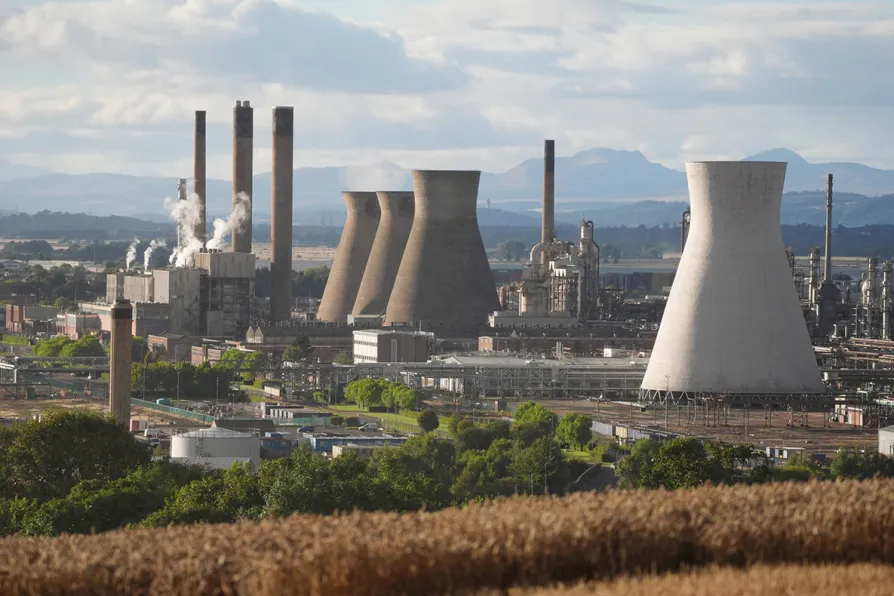Gaza’s collective sumud has proven more powerful than one of the world’s best-equipped militaries, but the change in international attitudes isn’t happening fast enough to save a starving population from Western-backed genocide, argues RAMZY BAROUD
Energy policy needs powering up
MATT KERR laments that, in keeping with its predecessors, the government is unwilling to countenance public ownership and control of Britain’s energy, leaving promises of a ‘just transition’ with no mechanism to deliver


ENERGY security has made a comeback, but sadly not the willingness to actually deliver it.
The concept is of course not exactly an earth-shattering idea, I remember shamelessly pilfering the NUM line on energy security arguing to keep pits open with pals at school in the early ’90s.
By then British Gas, BP and BritOil has all been flogged off for a song by Thatcher’s government, though even as she scrapped the British national Oil Corporation and she understood the need to hang on to a “Golden Share” in BritOil, until the miracle of the market saw oil prices plummet, at least.
Similar stories














